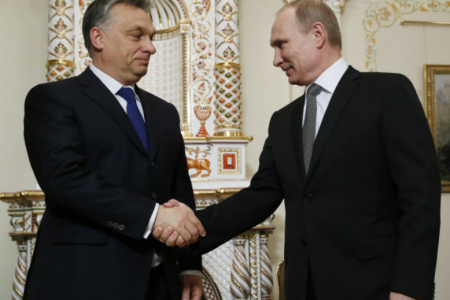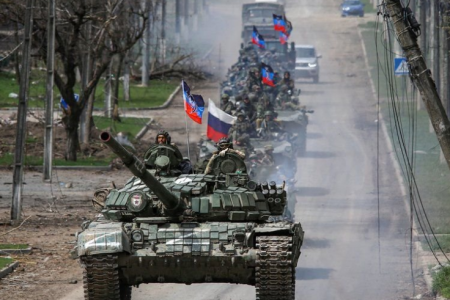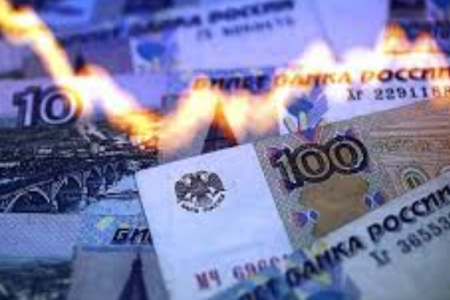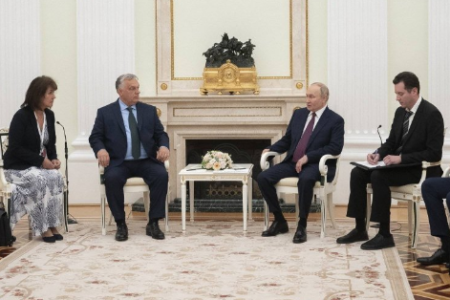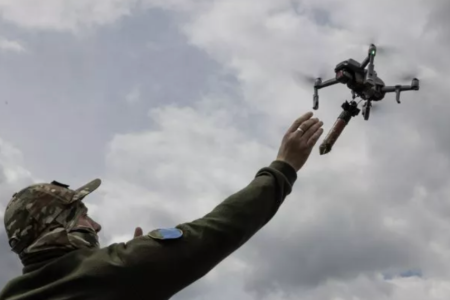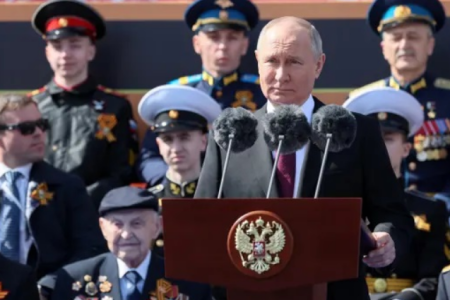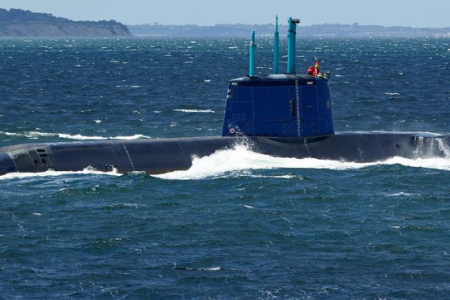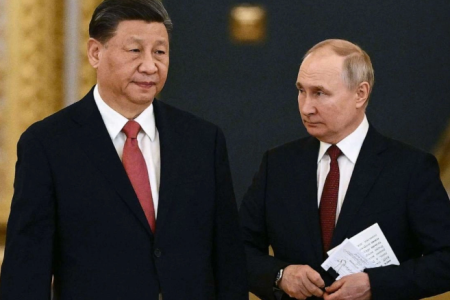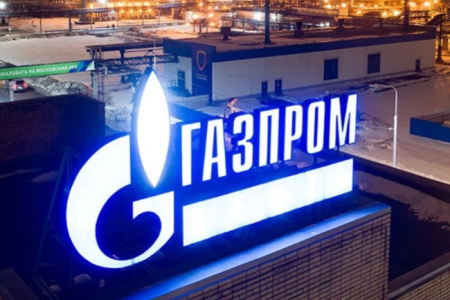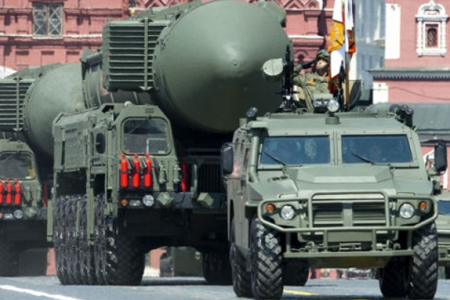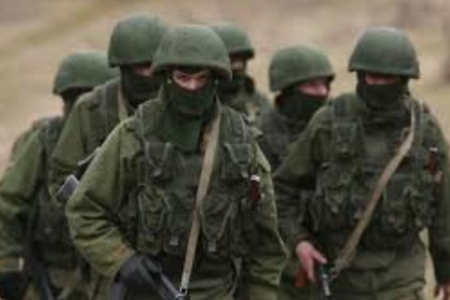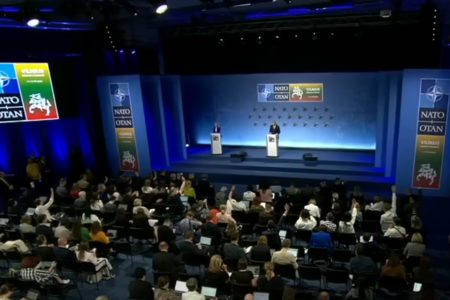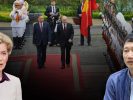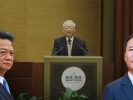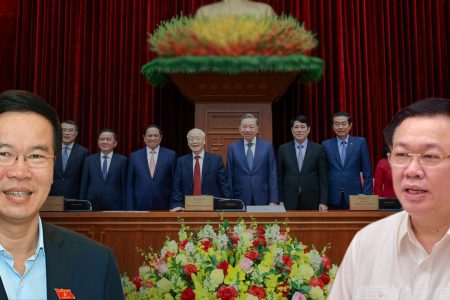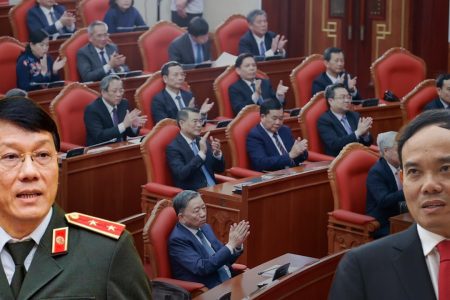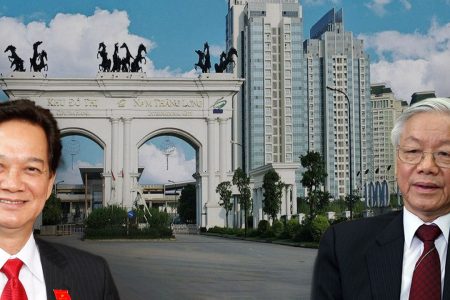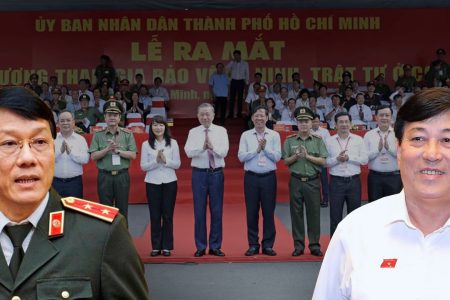
On December 2, 2021, Vietnamese Foreign Minister Bui Thanh Son had talks with his Chinese counterpart Wang Yi in Huzhou City, Zhejiang Province, China.
Not only the Vietnamese Foreign Minister was invited to China, but “Malaysian Foreign Minister Saifuddin Abdullah, Cambodian Deputy Prime Minister and Foreign Minister Prak Sokhonn and Indonesia’s Coordinating Minister for Indonesia-China Cooperation Luhut Binsar Pandjaitan will visit China from Thursday to Sunday at the invitation of China’s State Councilor and Foreign Minister Wang Yi.
These visits are part of a diplomatic strategy of “seducing Southeast Asia” that China is actively carrying out, aiming to turn Southeast Asia into its backyard, in the context of competition between the two great powers of the US and China. is still fierce. At the same time, by inviting only four ministers to visit this time, it shows that China is still quietly seeking to divide ASEAN to maintain its interests.
According to some domestic observers, this trip of Vietnam’s Foreign Minister is in response to Mr. Wang’s visit to Hanoi in September. In addition, Mr. Bui Thanh Son’s trip this time is also to prepare for an upcoming visit to China by a senior leader in the Politburo of Vietnam, probably President Nguyen Xuan Phuc.
After a series of trips and dynamic and active diplomatic activities of Vietnamese leaders over the past time, such as the visits to the UK and Japan by Prime Minister Pham Minh Chinh, the visit to Russia by President Nguyen Xuan Phuc, Vietnam also saw the need for a visit to China by a senior Vietnamese leader to “appease and reassure” its neighboring power.
Vietnam is a Southeast Asian country with a rather special position in its relationship with China. Vietnam is a country heavily influenced by culture and politics China. Vietnam has had a history of thousands of years of being ruled by China and Vietnam has escaped from that situation, although, throughout its history, Vietnam has always had concerns from China’s expansionism.
The successive mutual visits between the foreign ministers of the two sides this year are quite different from previous times, when Mr. Wang Yi made official visits to all Southeast Asian countries in 2020 and early 2021, but not Vietnam. The failure to visit Hanoi during the regional tours of the Chinese leadership in the past two years is very remarkable, especially when Vietnam held the ASEAN Chair in 2020. Perhaps at that time, Beijing wants to show its displeasure with Hanoi in many ways.
However, Wang made the visit to Vietnam just two weeks after the visit to Hanoi by US Vice President Kamala Harris. The visit of the Foreign Ministers of the two sides this time shows that China is urgently wanting to reassert its influence over Vietnam after Beijing realized that Hanoi is likely leaning towards Washington, especially when it comes to this may have been amplified by high-level US visits. China’s sense of urgency is heightened in the context of increasingly fierce US-China strategic competition under the Biden administration and recent progress in Vietnam-US relations.
Trade grows strongly but disproportionately
A very big bright spot in the two countries’ relations is in the field of the economy – trade. China continues to be Vietnam’s largest trading partner and second-largest export market, while Vietnam continues to be China’s largest trading partner in ASEAN and China’s sixth-largest partner in the world.
According to statistics of the General Department of Customs of Vietnam, in the first 10 months of 2021, two-way trade turnover reached $133.65 billion, up 29.23% over the same period last year.
According to statistics of China Customs, two-way turnover reached $186.5 billion, up 25%, expected to exceed $200 billion in 2021.
Accumulated to October 2021, China ranked 7th out of 141 countries and territories investing in Vietnam with a total registered capital of $20.9 billion.
Although looking at such impressive trade figures, if compared with Vietnam – US trade turnover, there will be huge differences. In trade relations between Vietnam and China, Vietnam is always in a state of trade deficit. As for the US, Vietnam always has a trade surplus.
Regarding the talks, Vietnam’s state-controlled media reported: “Foreign Minister Bui Thanh Son suggested that China facilitate customs clearance procedures for Vietnamese goods, especially agricultural products, through border gates, to avoid situations border gate congestion at the end of the year; expanding the official export of fruit products of Vietnam, contributing to balance the bilateral trade balance and maintaining the supply and production chains of the two countries; coordinate to promote a number of projects on people’s livelihood funded by China to make progress and soon put into use.”
This shows that Vietnam is still at a disadvantage and vulnerable in economic-trade relations with China.
Not only in such economic trade but also between these two countries there are many issues of deep disagreement. In a recent press interview, Vietnamese Ambassador to China Pham Sao Mai generalized: “Besides the achievements, the Vietnam-China relationship still has some shortcomings such as Vietnam’s trade deficit is still big; Vietnamese goods, especially agricultural products, still face difficulties in accessing the Chinese market; Customs clearance of goods at the border gate is sometimes not smooth; some Chinese investment projects have quality and progress problems; and disagreement over the issue at sea, et.”
Disagreement at sea is deep
Although Wang used the “golden ring” to remind the Vietnamese side: “China and Vietnam, both socialist countries led by the Communist Party, have embarked on development paths that are suitable for each country. We must not forget our initial aspiration, strengthen trust, unite as one, actively contribute to the socialist cause of the two countries and the cause of development and progress of mankind” (4). However, disagreements in the South China Sea (Vietnam calls it the East Sea) are still deepening the gap in the relationship between the two sides.
Disputes in the South China Sea have long cast a shadow over Vietnam-China relations, and neither side is willing to back down. That is the most important issue that separates Hanoi-Beijing relations. According to the ISEAS-Yusof Ishak Institute’s Survey on the State of Southeast Asia 2021, among Southeast Asians surveyed, Vietnamese are the most afraid of China’s actions and the most welcoming the US and other major powers to have increased their military presence in the South China Sea.
The Chinese Foreign Ministry’s statement mentioned this content very faintly: “The two sides also exchanged views on maritime issues and agreed to jointly promote maritime cooperation and inject ‘positive energy’ for bilateral relations.”
While the Vietnamese press reported that: “The two sides agreed to continue to strictly adhere to the high-level common perception, the Agreement on basic principles guiding the settlement of issues at sea, and well control disagreements in the sea. sea, jointly maintaining peace and stability in the East Sea; fully and effectively implement the Declaration on the Conduct of Parties in the East Sea (DOC), actively promote negotiations to build an effective, effective and substantive Code of Conduct in the East Sea (COC), accordance with international law, including the 1982 United Nations Convention on the Law of the Sea (UNCLOS).
It seems that the Chinese side does not want to mention anything about the dispute in the South China Sea between these two countries.
In an article last month, expert Ian Storey said that China’s statement showed that it wants to maintain peace and stability in the South China Sea is just a cliché given the tense situation at Second Thomas Shoal caused by China. According to him, this is a dangerous move by China with its plot to impose new maritime laws in the South China Sea.
During the past time, Vietnam-China relations have experienced great ups and downs. Although from 2020 until now, it seems that Beijing has used less aggressive actions against Vietnam in the South China Sea, but in this regard, Vietnam is still deeply distrustful of what China does. China’s actions in the South China Sea continue to demonstrate that it is not a cooperative partner. Instead, it has so far opted to increase assertiveness in resolving disputes with Vietnam. There is little sign that Beijing will change its position under Xi Jinping.
The increasingly fierce US-China strategic competition is another challenge for Hanoi. So far, Vietnam has consistently maintained a balance between the two powers, but it may not be easy to maintain this balance in the future.
It shows that the Vietnam-China relationship, although “very good” as the media of the two countries often report, is also full of uncertainties because there is no strategic trust. As long as China resumes its incursions into Vietnamese waters, which can happen at any time, the current trend of improving bilateral relations will be reversed.
Thoibao.de (Translated)
Source: https://www.rfa.org/vietnamese/news/blog/what-did-son-and-wang-yi-talk-about-12062021110143.html



